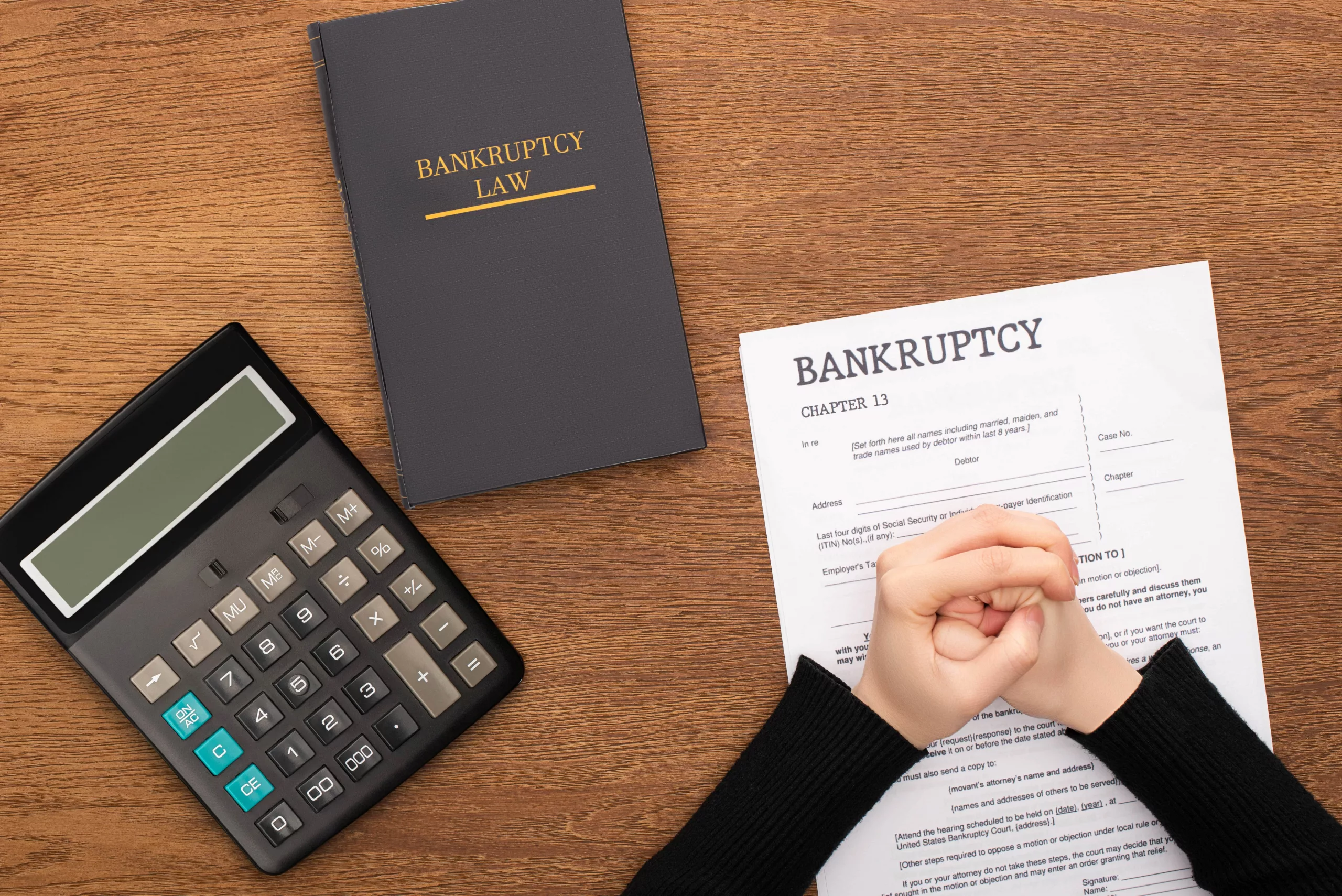Bankruptcy Attorney in Royal Oak, MI
By legally discharging your responsibility to pay back unsecured debts, filing for bankruptcy under Chapter 7 gives you the opportunity to begin anew financially. When you declare bankruptcy in the state of Michigan under Chapter 7, you have the choice to either keep your home and property (provided that your payments are current and that your equity falls within the allowed parameters) or to give up and be released from financial obligation for unwanted real or personal property such as a vehicle or home.
The following types of debts can be discharged under the terms of Chapter 7:
- Personal loans
- Medical bills
- Credit cards
- Past due utility bills
- Garnishments and judgments
- Loan deficiency debt (i.e. surrendered mortgage or vehicle)
Call Hammerschmidt, Stickradt & Associates located in Royal Oak, Michigan today for a free consultation about how you can experience total debt relief by filing for Chapter 7 bankruptcy in Michigan. During consultation with our Michigan bankruptcy means test attorney, we will conduct a thorough analysis of your financial situation, answer all of your questions, and advise you on the most effective strategy for the resolution of your debt.
Why do I need a Bankruptcy Attorney in Michigan?
A bankruptcy attorney knowledgeable in representing clients in court, drafting legal documents for clients, and providing bankruptcy-related advice to clients. The prerequisites for becoming a lawyer are a law degree and a license to practice law in the state where the attorney intends to work.
A bankruptcy attorney can serve as your guide through the bankruptcy filing process and provide guidance on the following topics:
- The decision regarding whether to file for bankruptcy
- Which type of bankruptcy must the petition be filed?
- How does the actual filing process for bankruptcy works
- Which court-issued forms are required to be filled out?
- Which debts are eligible for consolidation, reduction, or cancellation?
- Depending on the outcome of your bankruptcy case, you may or may not be able to keep your home, vehicle, condominium, and other property.
Generally, a bankruptcy attorney can advise you on the appropriate legal course of action. If you handle your bankruptcy case without the aid of an attorney, you run the risk of making legal errors that could have severe financial repercussions.
If you choose to retain legal counsel for your bankruptcy case, you should anticipate the following:
- An agreement or contract between you and your attorney that is legally binding. A summary of the attorney’s services will almost certainly be included in the contract.
- A description of the payment terms. For example, does the attorney charge an hourly rate or a flat fee? How much will the total cost be?
- Conversations that are currently ongoing. You will discuss the attorney’s strategy for managing your case.
- An agreement. You will determine the manner and frequency with which the attorney updates you on the case.
- A list of all available documents. The attorney representing you in your bankruptcy case should provide you with an exhaustive list of all required documents.
What is a Chapter 7 Bankruptcy?

Understanding Chapter 7 Bankruptcy
The absolute priority rule dictates the payment order for debts in Chapter 7 bankruptcy. In accordance with this rule, unsecured debt is divided into classes or categories, with each class receiving payment priority. Secured debt, such as a mortgage, is debt backed or secured by a collateral to reduce the risk associated with lending.
Unsecured priority debts are paid first. Priority debts include tax obligations, child support, and personal injury claims against the debtor. Next, secured debts are paid. Unsecured, non-priority debt is paid with the remaining proceeds from the liquidation of assets. If there are insufficient funds to pay the unsecured non-priority debt, then the debts are paid proportionally.
What is a Bankruptcy Means Test?
In bankruptcy law, the bankruptcy means test, also known as the Chapter 7 means test, is a formula used to determine whether a debtor is eligible for Chapter 7 bankruptcy. If the debtor fails the means test, only Chapter 13 bankruptcy is available. The purpose of the means test is to determine whether the debtor is abusing the bankruptcy system by filing for Chapter 7 bankruptcy when they could afford to pay at least a portion of their debts. Therefore, the means test primarily evaluates the debtor’s capacity to pay the creditor (s).
The means test comprises two stages:
1. Is the debtor’s current monthly income greater than the state’s median income, as measured by the Census Bureau?
The Census Bureau will annually update the median income for each state and territory in the United States. If the debtor’s average monthly income over the past six months, excluding the filing month, is less than the state’s median income, the debtor automatically passes the means test.
However, if the debtor’s income is greater than the median income, step 2 of the means test must be completed.
2. If the debtor’s current monthly income is subtracted from his or her monthly expenses and the difference between the two is multiplied by 60 months, the resulting amount is:
A. Greater than or equal to $12,850,000, the debtor must file for Chapter 13 bankruptcy; or
B. When a debtor’s unsecured debt exceeds 25 percent, he or she must file for Chapter 13 bankruptcy;
C. Less than or equal to 25 percent of unsecured debt qualifies the debtor for Chapter 7 or Chapter 13 bankruptcy.
D. If the debt is less than or equal to $7,700,000, the debtor can choose between Chapter 7 and Chapter 13 bankruptcy.
To pass the second step of the means test, the debtor must document their expenses, including food, clothing, out-of-pocket medical expenses, housing and utilities, and transportation. After deducting these fundamental expenses, certain expense deductions may be increased if the filter demonstrates that the expenses are actual, reasonable, and necessary.
Call our Michigan Bankruptcy Means Test Attorney Now!
Debt can be oppressive and all-encompassing.If you are considering filing for bankruptcy 7 or confused with bankruptcy means test eligibility, call our experienced Michigan Bankruptcy Means Test Attorney at Hammerschmidt, Stickradt & Associates.
We will discuss your options and determine which is best for your situation and long-term financial objectives. Call us today for a free consultation and stop worrying about your finances!

